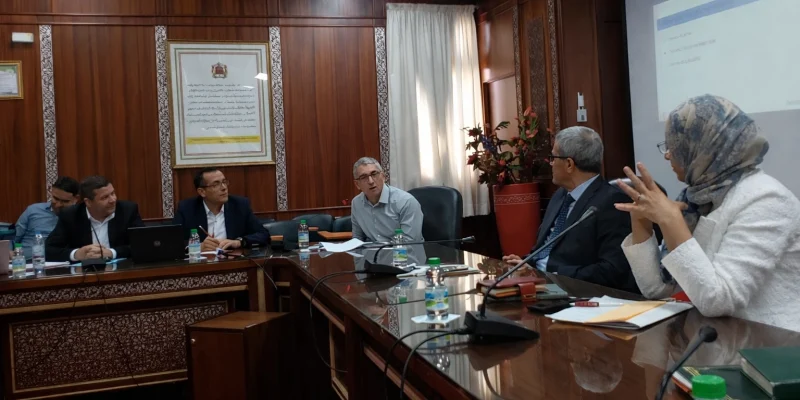Study, Design, and Implementation of the Merchant Marine Information System of Morocco
1. Context and Challenges
In 2004, the Merchant Marine of Morocco embarked on a major modernization of its information system to meet growing demands in maritime management, safety, and international compliance. At the time, processes were largely manual, leading to administrative delays and a high risk of errors.
The primary objective was to digitize business processes and centralize data related to vessels, seafarers, maritime safety, and maritime mortgages in a secure, interoperable web platform.
We were selected for the study, design, and implementation of the Merchant Marine Information System (SIMM), structured around 5 key modules:
Central Vessel Registry
- Management of the national vessel registry (registration, deletion, modifications).
- Tracking of technical specifications and certifications.
Navigation and Maritime Safety Management
- Management of safety inspections and audits (ISM, ISPS).
- Maritime incident alerts and handling.
Seafarer Management
- Registration and certification of sailors (licenses, training).
- Tracking of contracts and careers.
- Compliance with international conventions (MLC 2006).
Maritime Transport Management
- Management of maritime company authorizations and licenses.
- Statistics and reporting for port authorities.
Maritime Mortgages Management
- Registration of vessel liens and mortgages.
- Legal publication and secure consultation.
- Interface with courts and financial institutions.
2. Participatory Approach
Our methodology relied on a participatory approach, actively involving Merchant Marine professionals at every stage of the project. From the analysis phase, we organized collaborative workshops with operational teams (inspectors, seafarer managers, etc.) to gather their needs and understand their constraints. This immersion allowed us to develop functional specifications aligned with real-world requirements, avoiding the pitfalls of a purely theoretical solution. During the design and testing phases, iterative prototypes were continuously validated with end-users, ensuring optimal alignment between the new system and their daily practices. This co-creation process not only strengthened user adoption but also ensured the system’s long-term sustainability by tailoring processes to their workflows.
This participatory approach, combining technical expertise and operational know-how, was a key success factor. It laid the foundation for the project’s success by fostering a productive synergy between our technical capabilities and the field experience of maritime professionals.
3. Results and Impact
The implementation of the Merchant Marine Information System delivered tangible operational and strategic benefits:
- Centralized data management, eliminating duplicates through a unified database
- Full traceability of vessel and seafarer histories (logbooks, navigation records)
- Reduced administrative delays and elimination of redundant data entry
- Automated generation of regulatory documents (certificates, reports)
- Enhanced audit and reporting capabilities for inspections
- Complete operational logging (who did what, when, and how)
4. Conclusion
This project equipped the Merchant Marine of Morocco with an integrated information system, improving operational efficiency and administrative transparency. We demonstrated our expertise in digitizing maritime institutions through a methodical and collaborative approach.





